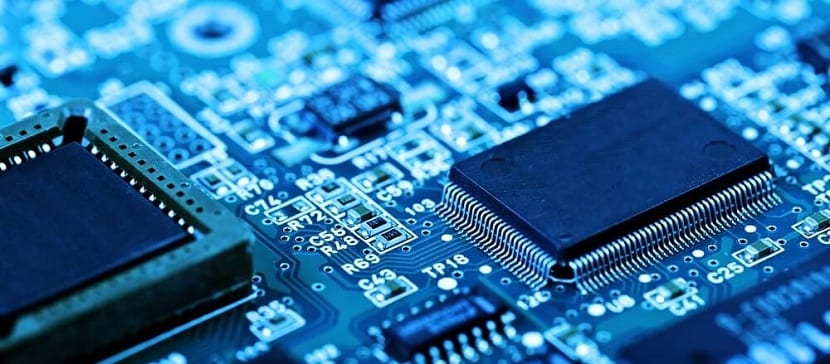
Design requirements in the Internet of Things space (IoT) they have undoubtedly become much wider. That's where the platform comes in. Armot IoT of Arm which focuses on those requirements to help facilitate the creation of IoT devices safe and secure.
It is also designed to help implement and manage IoT devices. To make things easier for Arm, it has partnered with various companies and organizations. One of the major new partnerships is with Intel and its Secure Device On Board (SDO).
SDO is an automated service designed to link IoT devices to cloud services like Pelion in a standardized way.
A new Internet of Things operating system was recently introduced (IoT) which is designed to work with devices that have ARM processors.
About Mbed Linux OS
Mbed Linux OS is an operating system for ARM devices which was designed for the purpose of building and offer a basic IoT module, allowing other vendors to focus on developing high-value-added features.
Additionally, the operating system is deeply integrated with Pelion, its own IoT management platform.
Business users can directly implement device configuration and update, and ensure device connections are standard.
Since 2014, ARM has launched its Internet of Things platform, Mbed, which includes the dedicated Mbed OS operating system, servers, and microcontrollers.
ARM said that the operating system Mbed Linux continues the features of the Mbed operating system and also uses the Cortex-A architecture.
At the same time, the Mbed operating system is open source and integrates Linux Kernel and Yocto solutions.

As the price-performance ratio of Cortex-A processors increases, even for IoT devices, it is possible to handle more complex applications in the future.
In this way, in addition to increasing service availability, companies can also reduce the number of devices deployed in the edge environment.
Improving IoT
The new IoT operating system also integrates with container technology commonly used by developers, and applications can be packaged through containers that are compliant with Open Container Standards (OCI).
The operating system Mbed Linux can be combined with continuous integration and testing processes within the enterprise to accelerate the deployment of IoT applications.
Arduino developers can also mine PelionAlthough the current news is the ability to link Arduino-based systems to 2G / 3G cellular networks around the world without working with individual service providers.
Instead, Arm has done this and will provide companies with SIM cards managed by Pelion's DMS.
The companies will contract with Arm to provide cellular services, allowing the devices to be rolled out in different markets.
This simplifies billing and management. You can also allow a device to be used in different areas without incurring roaming charges.
In addition, individual development teams within the company can independently update the operating system and firmware for different application needs.
The preview version will be available in November and will ship in 2019.
It is complementary to the Mbed operating system, and the Mbed Linux gateways will host many Mbed operating system devices.
Like Mbed, Mbed Linux will be available from Arm with commercial support, including SLAs.
How to get Mbed Linux OS?
Although the system is not complete yet and as mentioned the launch of this is planned for the next year. It is possible to obtain a trial version from the official website of the project.
For this, it is enough that they go to the official website of the project and register in the form found there. The link is this.
In this form you will be asked for some information so that you can enter the test program and help with the detection of errors.